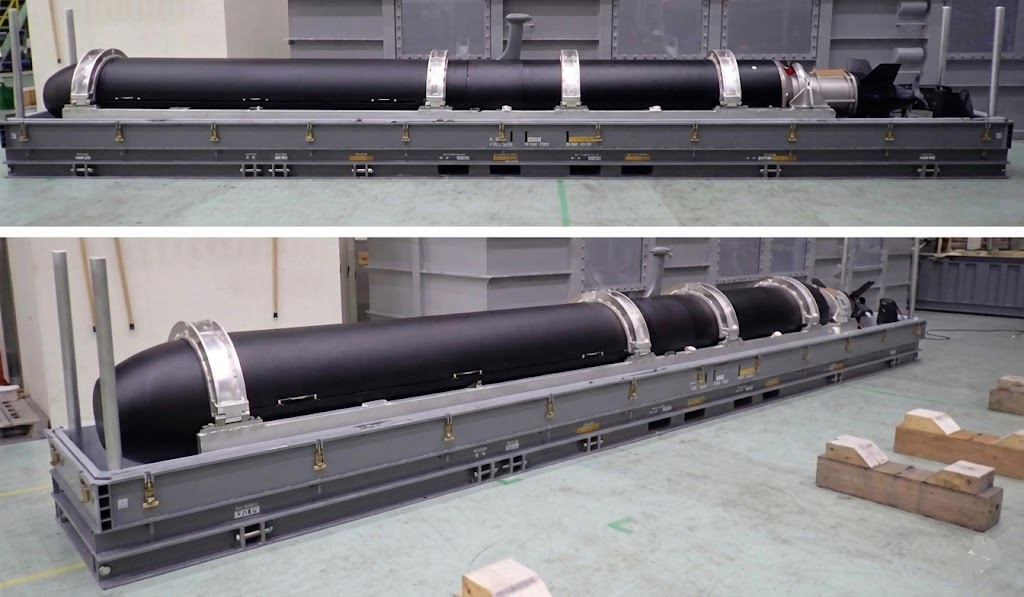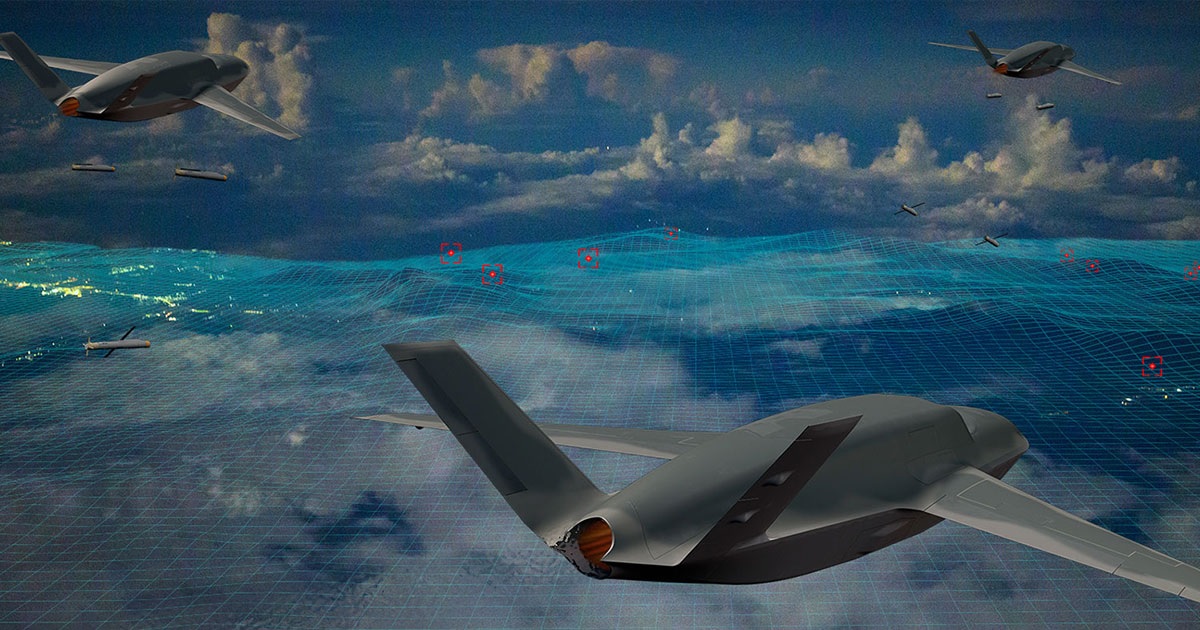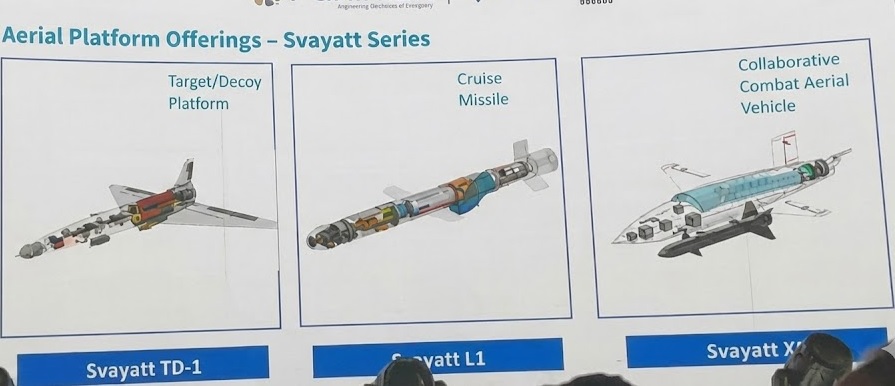UK Issues RFI for Project " VANQUISH " A Carrier-Based Autonomous Aircraft

On 3 October 2025, the UK Ministry of Defence formally issued a Request for Information (RFI) for Project VANQUISH, an initiative to develop and demonstrate a Fixed-Wing Short Take-Off and Landing (STOL) Autonomous Collaborative Platform (FW STOL ACP). The system is intended to operate from Queen Elizabeth-class aircraft carriers without relying on catapults or arrestor gear, and the first sea demonstration is targeted for late 2026, with an allowable delivery window of 18 months.
Scope and Objective
Project VANQUISH is a technical demonstration effort intended to guide future procurement decisions for the Royal Navy’s evolving hybrid carrier air wing. Its goal is to assess how an attritable, jet-powered, high-subsonic unmanned aircraft can perform a mix of missions—such as intelligence, surveillance, reconnaissance (ISR), strike, and air-to-air refuelling—while operating autonomously alongside crewed aircraft from naval carriers. The term “attritable” signals that the aircraft will be designed with a balance between performance and cost—accepting a degree of loss risk in higher-threat operations, unlike conventional manned combat jets.
The RFI calls for proposals across a flexible design space. The UK MOD does not prescribe a particular airframe layout, leaving room for tilt-wing configurations, blended wing bodies, folding wings, or hybrid propulsion systems. The emphasis is on achieving credible endurance, payload, and carrier compatibility, including ship-relative landing guidance, autonomous navigation, and mission management that can integrate with existing carrier strike networks.
Timeline, Budget, and Process
According to the published tender notice, the RFI (reference 2025/S 000-062294) estimates a contract value of £10 million excluding VAT (or up to £12 million including VAT). The anticipated period for the demonstration phase is from April 2026 to December 2027, a span of about 20 months. Respondents to the RFI have until 14 November 2025 to engage.
The RFI stipulates a nominal target date of end-2026 for the first at-sea demonstration, with proposals allowed to shift deliverables up to 18 months beyond that target. After the demonstration phase, the MOD expects to use results to decide whether to pursue a production capability, likely in the early 2030s.
Technical and Operational Challenge
Launching and recovering a fixed-wing unmanned aircraft from a carrier deck without catapults or arrestor wires presents multiple technical challenges. The system must cope with deck motion, turbulent airflow, sea states, and precise ship-relative control in a dynamic maritime environment. Autonomous recovery is especially demanding, as it must reliably handle small approach margins, crosswinds, and deck motion—all without human pilots.
The aircraft must also link into the Royal Navy’s wider command and data systems, coordinating in real time with F-35B aircraft, airborne early warning assets, and shipborne command and control systems. Maintaining secure communications, robust autonomy software, collision avoidance, and fault management under degraded conditions will be essential.
Background and Precedents
VANQUISH builds on prior Royal Navy experiments in carrier-based unmanned operations. In November 2023, General Atomics’ Mojave UAS achieved STOL operations from HMS Prince of Wales—making it the first such demonstration from a non-catapult carrier. That test confirmed that STOL capability is viable in naval flight deck environments. (
In addition, the Royal Navy has tested autonomous drones for logistics and shipboard operations. For instance, W Autonomous Systems (WAS) successfully landed a drone on HMS Prince of Wales for resupply missions, helping validate unmanned deck operations.
Project VANQUISH complements other UK investments in autonomous systems. The ASW Spearhead programme has developed autonomous naval testbeds (e.g., CETUS, PROTEUS, SCYLLA) to advance unmanned maritime capability. Furthermore, under a broader £5 billion defense technology investment announced in mid-2025, more than £4 billion is earmarked for autonomous systems across the services.
About the Author
Aditya Kumar:
Defense & Geopolitics Analyst
Aditya Kumar tracks military developments in South Asia, specializing in Indian missile technology and naval strategy.






